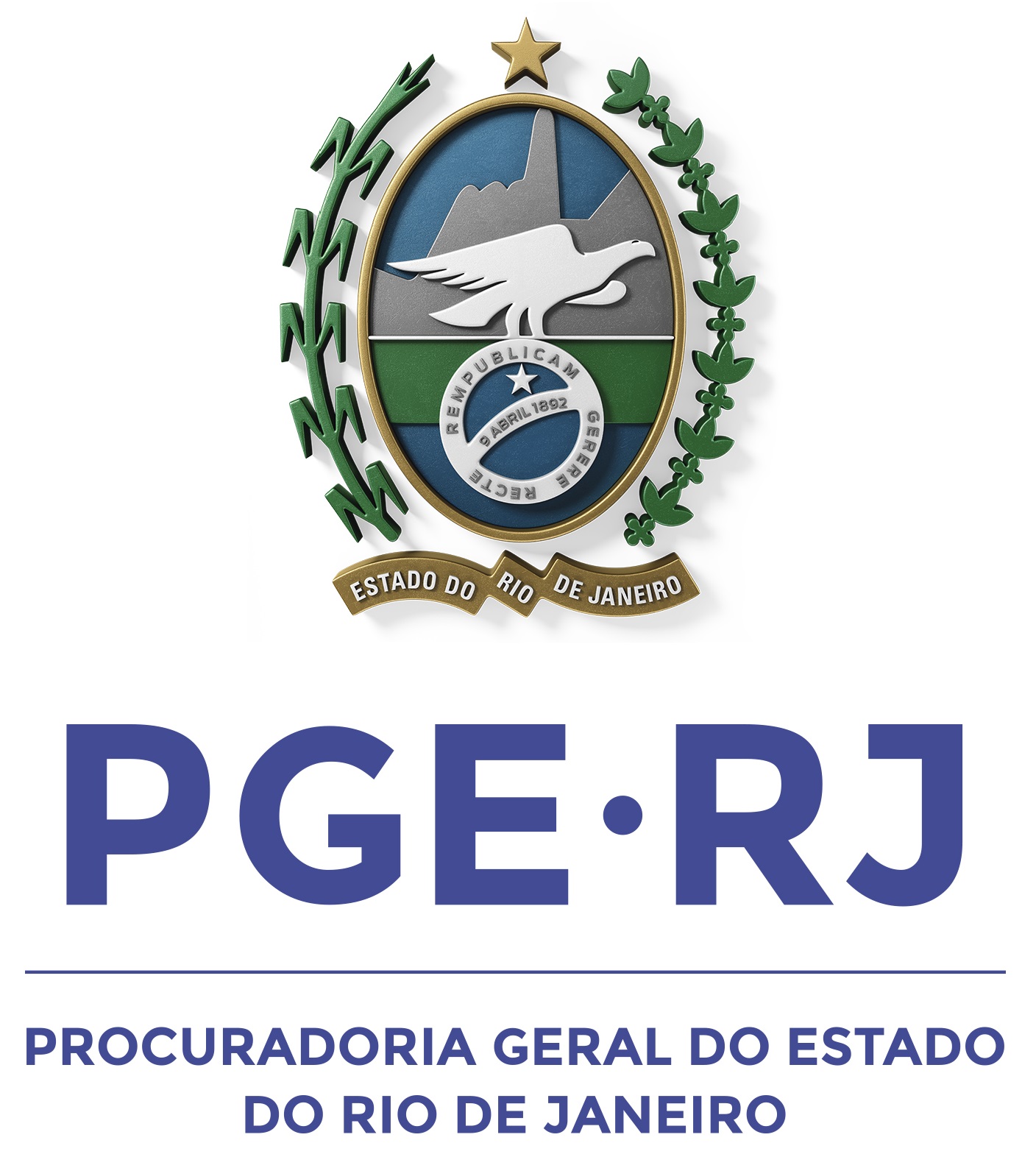Ethics Publishing
PGE-RJ's Electronic Journal is committed to the ethics and the quality of publications. We defend an ethical behavior of all parties involved in the publication of our journal: authors, editors, referees and other collaborators. We do not accept any form of plagiarism or any other unethical behavior.
Duties of the editor
- Publication decision: The editor is responsible for deciding which articles submitted to the journal should be published. The editor is guided by the policies decided by the Editorial and Executive Boards, to which he may consult whenever necessary for decision-making. These policies must comply with the legal requirements in force on defamation, copyright violation and plagiarism;
- Transparency and respect: The editor must evaluate the submitted manuscripts without taking into account the authors' race, sex, sexual orientation, religious belief, ethnic origin, nationality or political philosophy;
- Confidentiality: The editor and other members of the editorial team must not disclose any information about a submitted manuscript, except to reviewers and editorial advisors.
- Disclosure and conflicts of interest: The editor must not use unpublished materials disclosed in a manuscript submitted to his own research without the express written consent of the author. The editor must refuse to evaluate manuscripts in which he has conflicts of interest for competitive, collaborative or other relationships or links with any of the authors, companies or (possibly) institutions linked to the manuscripts;
- Involvement and cooperation in investigations: The editor must take appropriate measures when ethical complaints have been made about a submitted manuscript or published article.
Duties of referees
- Contribution to editorial decisions: Reviewers' analysis assists decision-making by the editors, who, in contact with the authors, can request corrections and adjustments in the submitted articles;
- Punctuality: Any article evaluator who does not feel qualified for the function or knows in advance that the article will not be read within the period recommended by the editorial process, should immediately notify the editor;
- Confidentiality: Papers received for analysis must be treated as confidential documents. They should not be shown or discussed outside the scope of the people involved in the editorial process;
- Standards of objectivity: Opinions must be conducted in an objective manner. The referees must express their points of view clearly and supported by arguments, expressing themselves with respect and urbanity;
- About the sources: The evaluators must identify relevant published works that were not cited by the authors. The reviewer should draw the editor's attention to any substantial similarity or overlap between the manuscript in question and any other published article of which he has personal knowledge;
- Disclosure and conflict of interest: Privileged information or ideas obtained by the reviewer through the reading of the manuscripts must be kept confidential and should not be used for personal gain. The referees must not evaluate manuscripts in which they have conflicts of interest due to competitive, collaborative or other relationships or connections with any of the authors, companies or institutions connected to the manuscripts.
Authors' duties
- General rules: Authors of works that refer to original research must present an accurate account of the work performed, as well as an objective discussion about its meaning. Complementary data must be accurately represented in the article. Documents must contain sufficient details and references to allow others to replicate the work. Fraudulent or intentionally inaccurate statements constitute unethical behavior and are unacceptable;
- Originality and plagiarism: Authors must ensure that the works are entirely original and if they use the work and/or texts of others that it is properly cited. Plagiarism in all its forms constitutes unethical editorial behavior and is unacceptable. If any type of plagiarism is detected, PGE-RJ's Electronic Journal will follow the recommendations of the Committee on Publication Ethics (COPE), as in the flowchart that can be downloaded here. Different softwares can be used to detect plagiarism, the main ones being: Plagium, Farejador de Plágio, Plagius, Copy Spider, among others.
- Multiple, redundant and simultaneous publication: An author should not publish manuscripts that essentially describe the same research in more than one journal. Sending the same manuscript to more than one journal at the same time and/or publishing the same article in more than one journal constitutes unethical editorial behavior and is unacceptable;
- About the sources: Other authors’ works should always be recognized. Authors should cite publications that were important in determining the nature of the reported work. Information obtained in privately, such as in a conversation, correspondence, or discussion with third parties, should not be used or reported without the explicit written permission of the source. Information obtained through confidential services, such as arbitration, manuscripts or requests for scholarships, must not be used or reported without the explicit written permission of the source.
- Authorship: The authorship of the paper should be restricted to those who made an essential contribution to the conception, project, execution or interpretation of the reported study. All those who have made significant contributions should be listed as co-authors. People who participated in certain aspects of the research project should be listed as contributors. The lead author should ensure that all co-authors are properly included in the article. The lead author must also make sure that all co-authors have seen and approved the final version of the manuscript and have agreed to its submission for publication;
- Disclosure and conflicts of interest: All authors must record any financial or other conflicts that may influence the results or interpretation of their work in the manuscript. All sources of financial support for the project must be disclosed;
- Fundamental errors in published works: When an author discovers a significant error or inaccuracy in his published w When an author discovers a significant error or inaccuracy in his published work, it is his obligation to inform the editorial team immediately and cooperate with the editor to correct the article.



















